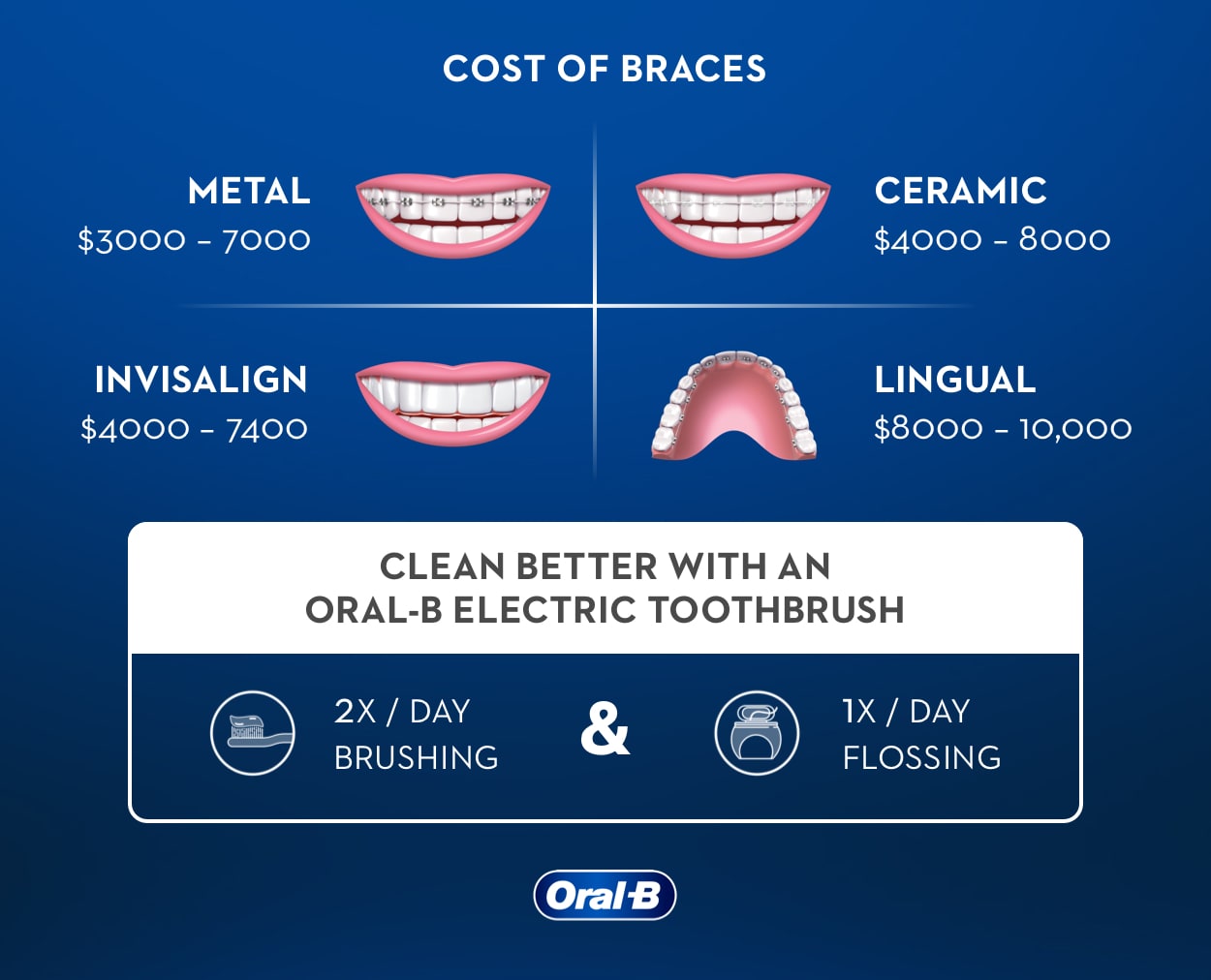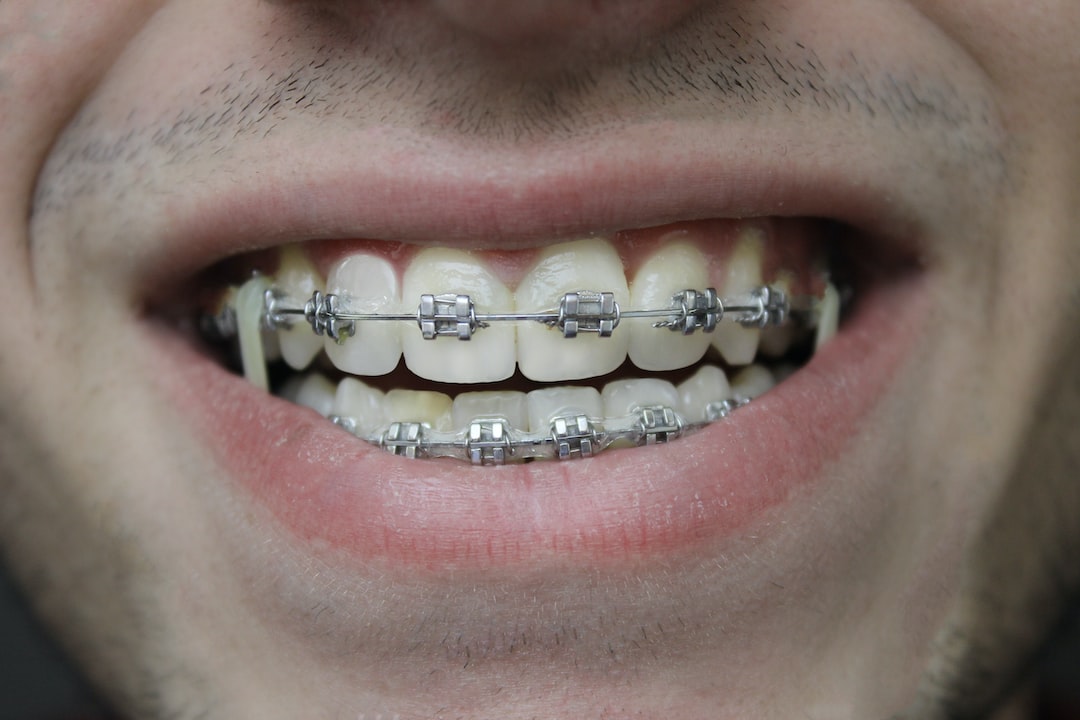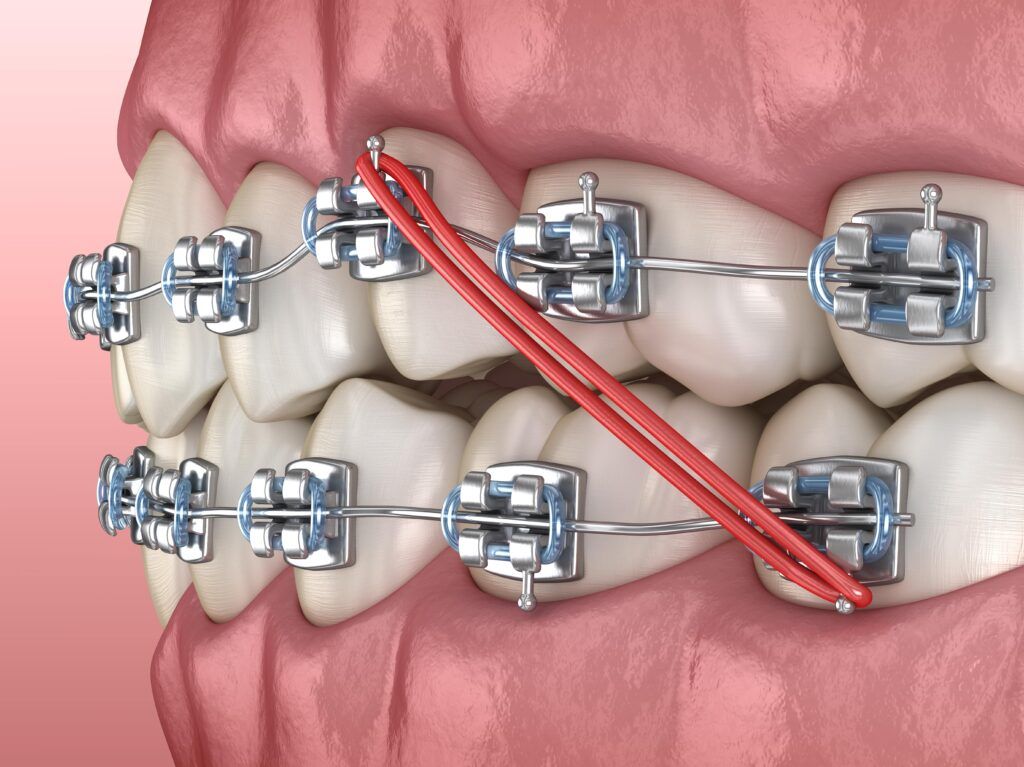How Cumming Orthodontics Can Transform Your Smile with Invisalign and Braces
Wiki Article
Comprehensive Guide to Orthodontics Treatments for Fixing Oral Misalignments
In the realm of orthodontics, the trip to accomplishing a perfectly lined up smile entails a myriad of treatments tailored to remedy oral imbalances. From standard braces to undetectable aligners and even surgical options, the area of orthodontics provides a range of options to address differing degrees of oral abnormalities. Comprehending the intricacies of each treatment, including their devices, benefits, and potential downsides, is vital in making educated choices about one's orthodontic therapy. As we navigate with the detailed guide to orthodontic procedures for fixing oral misalignments, the elaborate information of each approach will certainly unfold, clarifying the course towards a harmonious and functional oral alignment.Orthodontic Procedures Overview

Routine changes and monitoring are vital components of orthodontic treatment to ensure development is on track and to make any kind of needed adjustments along the way. By undergoing orthodontic treatments, individuals can not just accomplish a straighter smile but additionally enhance their total dental health and feature.
Typical Braces: Just How They Function
When taking into consideration orthodontic treatments for dental imbalances, traditional dental braces attract attention as a reliable approach for correcting teeth positioning. Typical braces contain brackets, wires, and bands that interact to apply continual stress on the teeth, gradually moving them right into the wanted alignment. The braces are affixed to the teeth utilizing an unique adhesive, and the wires are threaded via the braces. By changing the tension of the cables, orthodontists can manage the direction and force related to each tooth, assisting them into correct placement over time.
As stress is applied to the teeth with the braces, the bone surrounding the teeth is reshaped to sustain the brand-new tooth settings. Clients will require routine adjustments at the orthodontist's workplace to make certain the braces proceed to apply the appropriate pressure for efficient teeth activity.
Unseen Aligners: Disadvantages and pros
Invisible aligners provide a practical and discreet option to conventional braces for fixing dental imbalances. These clear, custom-made trays are practically unseen when used, making them an enticing choice for people looking for a more visually pleasing orthodontic therapy. Among the main benefits of undetectable aligners is their removability, allowing for easier upkeep of dental health compared to typical braces. Patients can eliminate the aligners before eating or brushing their teeth, decreasing the risk of food obtaining embeded the device and simplifying the cleaning procedure.
Surgical Orthodontic Options
Surgical treatments in orthodontics existing practical choices for resolving complex oral misalignments that may not be effectively settled through traditional orthodontic treatments. While conventional braces and invisible aligners can deal with many orthodontic concerns, particular cases need medical treatment to attain optimal outcomes. Surgical orthodontic options are normally recommended for serious malocclusions, substantial jaw discrepancies, and situations where the underlying bone structure needs alteration to attain appropriate placement.One typical surgical orthodontic procedure is orthognathic surgery, which involves rearranging the jaws to fix practical concerns such as trouble eating or talking. This surgical procedure is usually done in cooperation with an orthodontist that assists align the teeth before and after the procedure. Surgical orthodontics may also entail procedures to subject affected teeth, get rid of excess gum cells, or improve the jawbone to develop a much more unified face profile.
Prior to thinking about medical orthodontic options, individuals go through a comprehensive assessment to figure out the need and prospective benefits of such interventions. cumming orthodontics. While surgical treatment might appear complicated, it can substantially improve both the function and looks of the smile in cases where traditional orthodontic therapies fail
Retainers and Post-Treatment Care

Post-treatment treatment involves complying with the orthodontist's guidelines vigilantly. This might include proper oral hygiene methods, attending follow-up visits, and using the retainers as prescribed. Failure to follow post-treatment treatment directions can lead to relapse, where the teeth progressively relocate back in the direction of their original placements. Consistent retainer wear, great dental health, and normal dental check-ups are vital for preserving the results accomplished via orthodontic surgical procedure and ensuring the lasting security of the remedied oral alignment.
Conclusion
In verdict, orthodontic treatments use various alternatives for dealing with oral misalignments. Surgical orthodontic choices are readily available for more extreme misalignments. Overall, orthodontic procedures can efficiently boost oral health and visual appearance.As we navigate via the extensive overview to orthodontic treatments for dealing with dental imbalances, the intricate details of each method will unfold, losing light on the course toward a useful and unified oral alignment. - cumming aligners
One of the most common orthodontic treatments is the use of braces, which are composed of metal braces and cables that apply mild stress cumming braces to progressively shift teeth right into the preferred placement.When taking into consideration orthodontic treatments for oral misalignments, conventional dental braces stand out as a time-tested method for fixing teeth positioning. Additionally, invisible aligners might not be appropriate for complicated orthodontic problems that need even more considerable teeth motion, as they are normally suggested for light to modest situations. Retainers are custom-made orthodontic tools created to hold teeth in their fixed settings after the completion of orthodontic therapy.
Report this wiki page